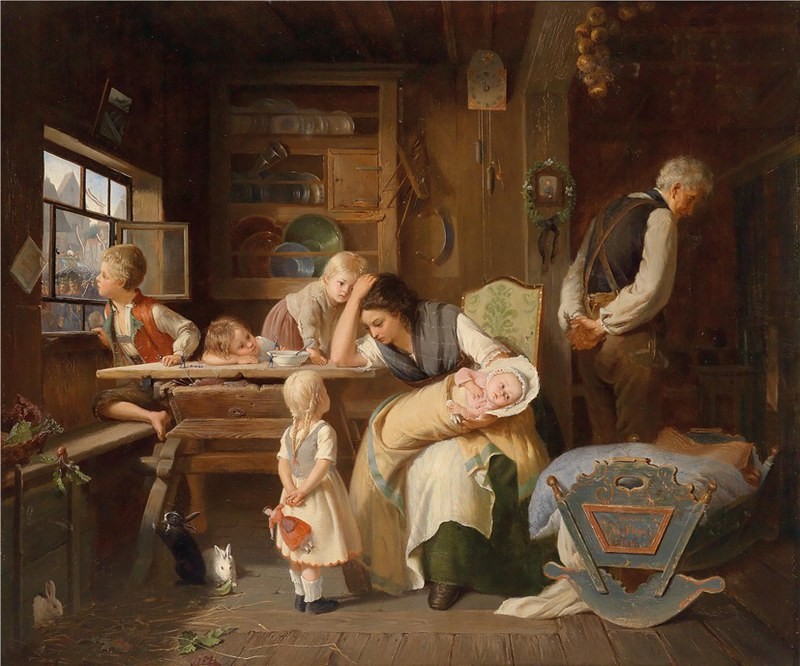Perhaps it’s most striking when you are a new parent.
I remember clearly bringing home my baby girl from the hospital. She was a whopping 2 kilos/4.4 lbs (even after a month of NICU) and those first months were hard. Very hard. The sleep deprivation was real. Very real. The constant worrying… the fussing, the feeding, the burping, the never ending nappy changes… and nappy blowouts. You know, fun stuff all around.
Emerging from my apartment, half human, half zombie, I was regularly met with well intended abuelos, cooing over my ‘mini-baby’ in the pram. “These are the best days” they would remark, clearly not noticing the garbage bags under my eyes. “Isn’t this the most wonderful time?” they’d smile, ignoring my almost deranged demeanor. “Don’t you just Love it?” they ask.
If I had had enough energy, I might have contemplated punching these kindly old folks.
And yet, through my hazed existence, I had the dim realization, nay hope, that they spoke the truth. That these moments would one day become precious… that they would become something to be nostalgic about.
Six years later, and while I’m glad I didn’t deck any of them, I can’t say I’m exactly nostalgic either. I much prefer the increasingly inspiring conversations I’m currently having over the fluid filled baby years…. But then again, what is nostalgia in the first place?
The Greek compound comes from the Homeric word νόστος (nóstos), meaning “homecoming”, and ἄλγος (álgos), meaning “pain” or “ache”. Interestingly, the term was coined by a 17th-century medical student to describe the anxieties displayed by Swiss mercenaries fighting away from home.
The Greek compound comes from the Homeric word νόστος (nóstos), meaning “homecoming”, and ἄλγος (álgos), meaning “pain” or “ache”. Interestingly, the term was coined by a 17th-century medical student to describe the anxieties displayed by Swiss mercenaries fighting away from home.

It was initially thought of as a debilitating medical condition, one that could even be fatal! But over the years, especially during the romantic period, nostalgia evolved to be a gentler, happier feeling… one associated with warm yearning for the past.
And while modern science claims that sentimentality improves one’s mood and self regard, the fabulously wealthy and wise king of Israel, felt otherwise.

In the book of Ecclesiastes, Solomon addresses the comparison of past with present: “Say not, ‘Why were the former days better than these?’ For it is not from wisdom that you ask this” (Ecclesiastes 7:10)
So… what do you think dear reader? Is it WRONG to be nostalgic? Is it wise? Is it GOOD for us to yearn for the past?
As always, you can write to me directly at [email protected] or comment below and I’ll post your responses in next week’s mailbag.











No comments yet. You should be kind and add one!
Our apologies, you must be logged in to post a comment.